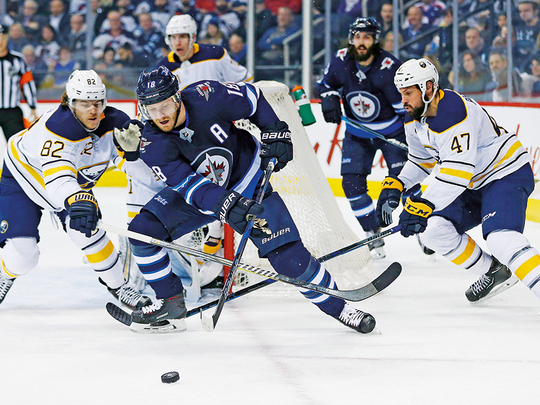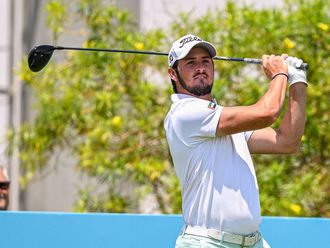
Buffalo, New York: International Ice Hockey Federation President Rene’ Fasel placed the emphasis on NHL players to persuade the league to compete at the 2022 Beijing Winter Games.
NHL Players’ Association chief Don Fehr responded by saying it’s a little more complicated than that.
Though Fehr believes it’s in the league’s best interest to compete at the 2022 Olympics, he said on Thursday that he’s not ready to commit to reopening bargaining talks next year in a bid to have that happen.
“I would like to believe that by the time we get there that the owners would have a much greater interest and understanding of the potential value that it could have,” Fehr said, referring to the 2022 Games. “Whether those discussions take place in collective bargaining or take place separately in discussing the international agenda or some combination of that, I think it’s too soon to say.”
Fehr also put the onus back on Fasel by noting the IIHF will have to budge on its position of refusing to pay for transportation and players’ insurance costs for 2022.
Fehr was responding to comments Fasel made following a news conference at the world junior hockey championship in Buffalo, New York, on Thursday. Fehr spoke while attending the 10-nation tournament later in the day.
The NHL elected against having its players participate at the Winter Games in South Korea next month, and has yet to commit to whether it will participate in 2022.
Fasel said he intended to do everything in his power to convince the NHL to return to the Olympics. He then referenced the NHLPA by noting it can apply pressure on the league in contract talks.
The NHL’s current labour deal runs through the 2021-22 season, but includes a window to be renegotiated in September 2020.
“The solution is in the hands of the players,” Fasel said. “Because without the players what can we do? If they want to come to the Games, they have to say so.”
Asked if it was realistic to reach a deal, Fasel responded by saying: “I have to. I have no choice. I have to for the hockey fans, for our game.”
The NHL backed out of participating in South Korea because of a variety of concerns. One was the 14-hour time difference between Pyeongchang and North America’s Eastern time zone. A majority of the games would be played in the early morning hours in North America.
The NHL sought licensing agreements with the International Olympic Committee to market its players competing at the Games. The league also wanted either the IOC or IIHF to pay for transportation costs, which Fasel said would amount to $15 million.
Fasel said the transportation costs are a non-starter, because the IIHF can’t afford it.
NHL deputy commissioner Bill Daly attended the world junior tournament last week and said it was premature to discuss the league’s plans to compete at the 2022 Games. Daly said talks won’t begin until after this year’s Winter Olympics are over.
“The issues with each Olympics are different,” Daly said. “Obviously, some of the logistical difficulties we have with South Korea will be the same in China. But maybe there are some opportunities in China that aren’t in South Korea.”












